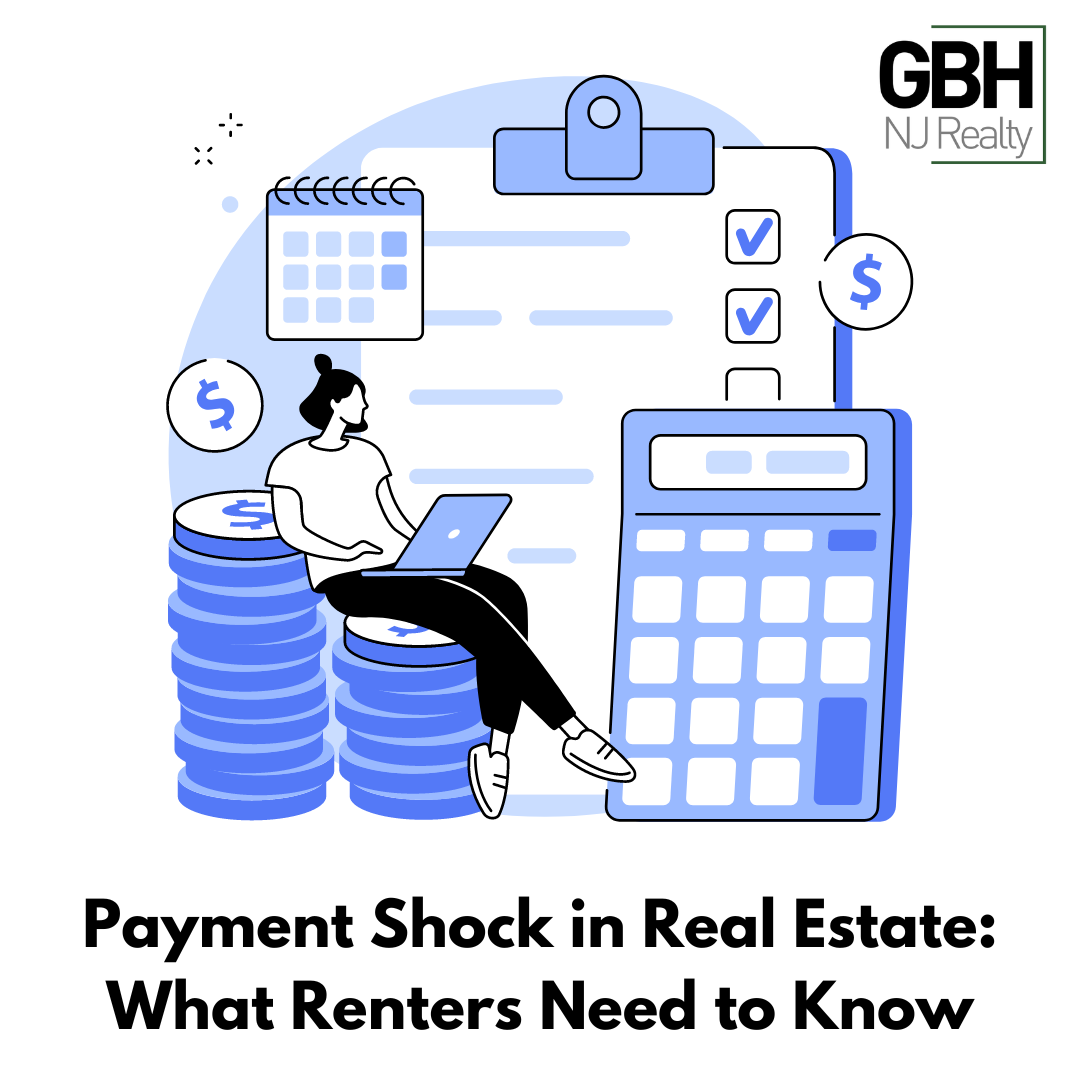
Renting a home or apartment is an affordable option for many people who want the convenience and flexibility of living in a home without the commitment of a mortgage. However, renters need to be aware of payment shock, a situation in which they are required to absorb a payment that is much higher than they are used to paying.
What is Payment Shock?
Payment shock occurs when a renter's monthly payment increases significantly, either due to a rent increase or a change in their lease terms. This can be a difficult situation for renters who are living on a fixed budget or have other financial obligations.
For example, a renter who is paying $1,000 per month for their apartment may suddenly be required to pay $1,500 per month due to a rent increase or a change in lease terms. This $500 increase can be a significant financial burden, especially if the renter was not prepared for the increase.
How to Avoid Payment Shock
To avoid payment shock, renters should be aware of the terms of their lease agreement and any potential rent increases. Renters should also be proactive in planning their budget and saving for potential rent increases.
Here are some tips for avoiding payment shock:
Read the Lease Agreement: Make sure you understand the terms of your lease agreement, including any potential rent increases.
Communicate with Your Landlord: If you're concerned about a potential rent increase, talk to your landlord about your options.
Plan Your Budget: Create a budget that includes your rent payment and other expenses, and save for potential rent increases.
Consider a Longer Lease: If you're concerned about rent increases, consider signing a longer lease to lock in your rental rate for a longer period.
Look for Alternative Housing: If you're unable to afford a rent increase, consider looking for alternative housing options, such as a smaller apartment or a shared living space.
Final Thoughts
Payment shock can be a challenging situation for renters, but it's important to be aware of the potential for rent increases and plan accordingly. By reading your lease agreement, communicating with your landlord, and planning your budget, you can avoid payment shock and maintain financial stability while renting a home or apartment.
Do you need help navigating through the transistion of going from a renter to a owner? We can help!


